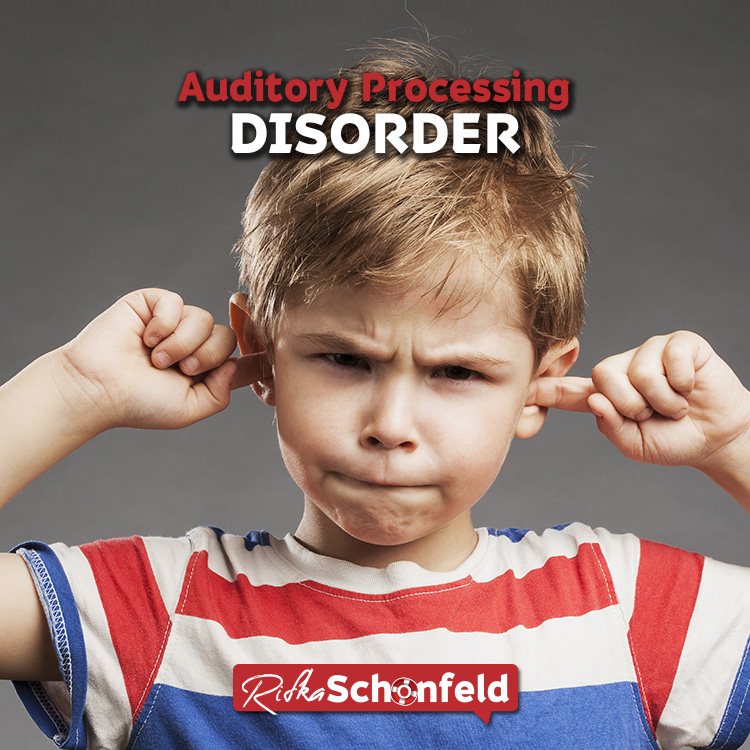Auditory Processing Disorder
- rifkaschonfeld
- February 26, 2020
- 0 Comments

AUDITORY PROCESSING DISORDER
Q: My daughter was diagnosed with auditory processing disorder (APD) two years ago. With remediation, her teachers have noted an improvement in her listening skills. We are still struggling with her listening at home. Is there remediation for the home?
A:
This is something I often encounter in my office. Fortunately, there are multiple things you can do at home in order to make life easier for you and for your child with APD.
First, let’s just quickly describe auditory processing disorder. Children with auditory processing difficulty typically have normal hearing and intelligence. However, they have also:
- Have trouble paying attention to and remembering information presented orally
- Have problems carrying out multistep directions
- Have poor listening skills
- Need more time to process information
- Have low academic performance
- Have difficulty with reading, comprehension, spelling, and vocabulary
So, what can you do at home?
Blame the disorder, not the person. When your daughter does not listen to you, express your anger at the disorder itself by saying, “It’s difficult for me when your auditory processing disorder makes it so hard for you to hear what I am saying.” This way, you can be allies against APD, instead of battling each other.
Let the punishment fit the crime. If a child does something that is unacceptable, address that behavior accordingly. Do not take away a reward previously earned for good behavior.
Deemphasize auditory behavior. Everyone has misunderstandings every now and then. Don’t pay attention to every mistake your daughter makes. Instead, let some of them slide the way you would let some misunderstandings go with your husband or your other children.
With time and proper help, your daughter will improve at home just as she has been improving at school.


